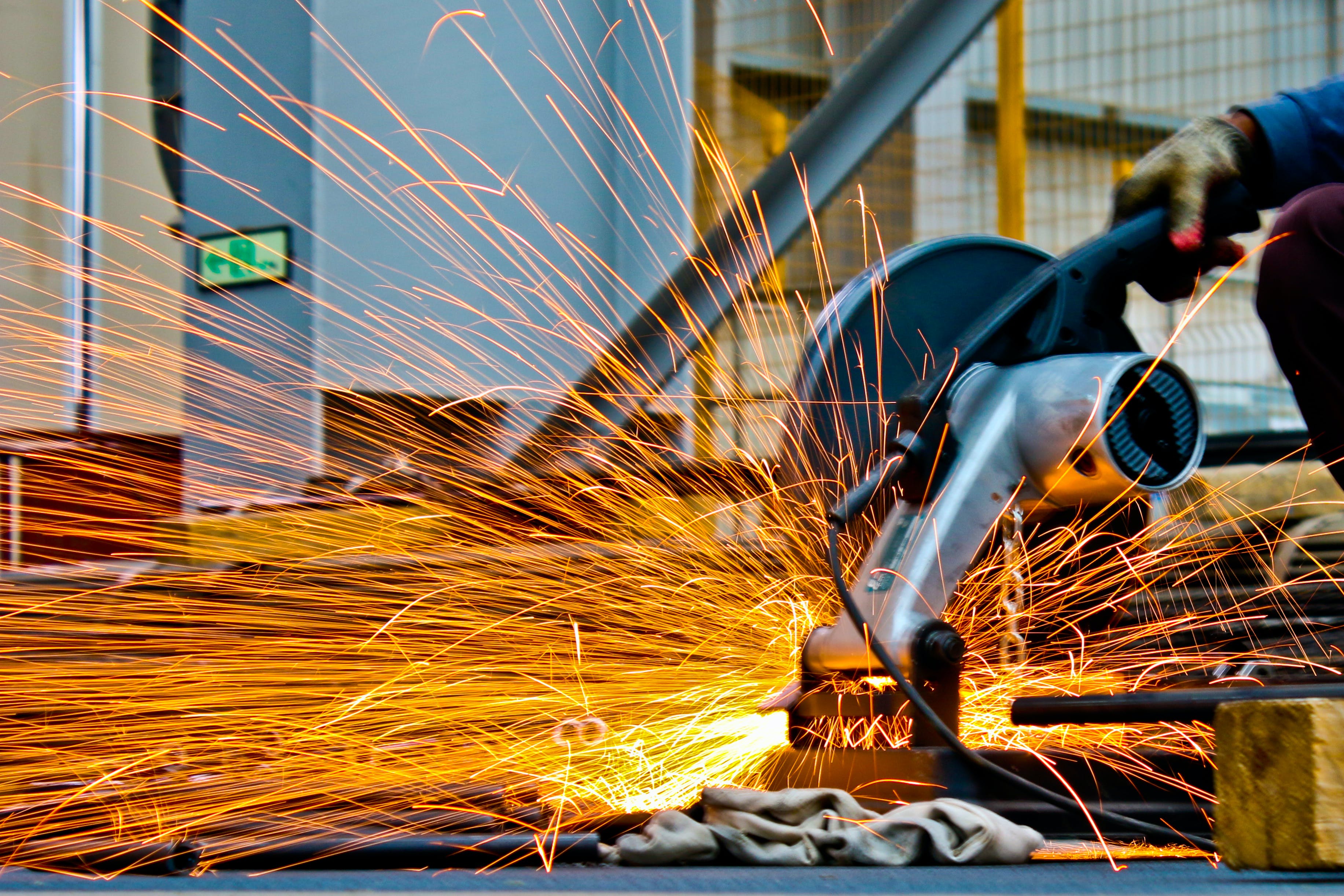Stone Crusher Machine (also known as stone crushing machine, Rock crusher, ore crusher) is the core equipment in mining, construction, highway and other industries, which is used for crushing large rocks into the required size through extrusion, splitting, impact, crushing and other ways. Common types on the market include jaw crusher, cone crusher, hammer crusher, impact crusher and portable stone crusher. How to choose the right equipment according to the needs? This article will analyze the performance, application scenarios and selection points for you.
1.Common stone crusher types and characteristics
Jaw Crusher 
Working Principle: Through the cyclic opening and closing movement of movable jaw plate and fixed jaw plate, the stone material is crushed by extrusion and splitting.
Core Advantage:
Large crushing ratio, uniform discharge size;
Simple structure, low maintenance cost;
Suitable for coarse crushing (PE series) and fine crushing (PEX series).
Applicable Scenario:
Coarse crushing of high hardness rocks (such as granite, basalt);
Producing construction aggregate, road base stone, railroad road slag, etc.
Classification:
Simple pendulum jawbreaker: the movable jaw plate swings around the mandrel, suitable for coarse crushing of tough materials.
Compound Pendulum Jaw Crusher: the movable jaw plate moves horizontally and vertically at the same time, suitable for medium and fine crushing.
Portable Stone Crusher
Core Advantage:
All-in-one design, no need for fixed site, flexible transfer operation;
Integrated feeding, crushing and screening functions, reducing transportation costs;
Suitable for small and medium scale production or temporary projects (e.g. construction waste recycling).
Applicable Scenario:
Suitable for granite manufacturers to recycle waste rock, also widely used in mining, highway and railroad construction, building construction, water conservancy, chemical industry and other industries.
Crushing tasks where the site is restricted or requires frequent relocation.
2.The key factors for selection
Raw material characteristics
Hardness (Moh’s hardness): high hardness rocks (such as granite) is recommended to use jaw + cone crusher combination; low hardness can choose impact crusher or hammer crusher.
Particle size: large raw materials need coarse crushing equipment (such as jaw), fine crushing needs with cone crusher or sand making machine.
Capacity requirements
Small production line (≤ 100 tons / hour): mobile crusher or a single jaw;
Large production line (≥500 tons/hour): multi-stage crushing (jaw + cone + vibrating screen).
Site & Cost
Fixed production line: high investment but stable long-term return;
Mobile crusher: saves infrastructure cost, suitable for short-term projects.
Environmental Protection Requirements
Priority is given to equipment with low noise and equipped with dust removal device (such as new jaw crusher or fully enclosed mobile crusher).
3.Suggestions for matching equipment
The complete stone production line also needs to be matched with:
Vibrating screen: grading the material out and improving the quality of finished products;
Conveyor: automated material flow;
Dust removal equipment: to meet environmental standards.
Conclusion
Choosing a stone crusher requires comprehensive consideration of material characteristics, capacity, site flexibility and budget. If it is small and medium scale or mobility operation, mobile crusher is an efficient choice; while large fixed production line requires multi-stage equipment combination and customized solutions according to the actual needs.

How to choose a suitable Stone Crusher Machine ?
2025-04-25
Categories
Tags